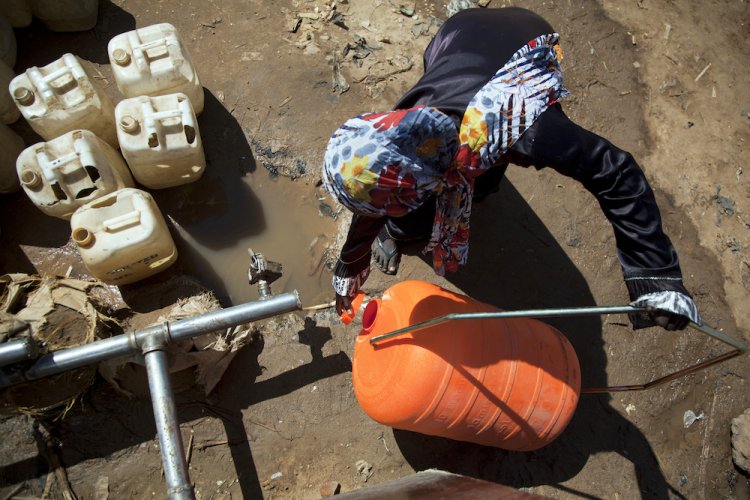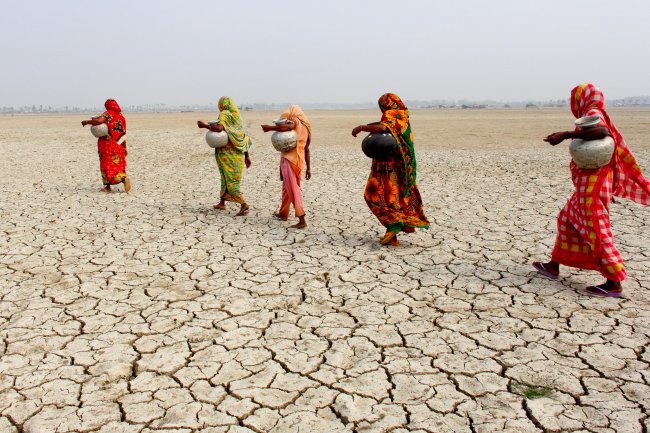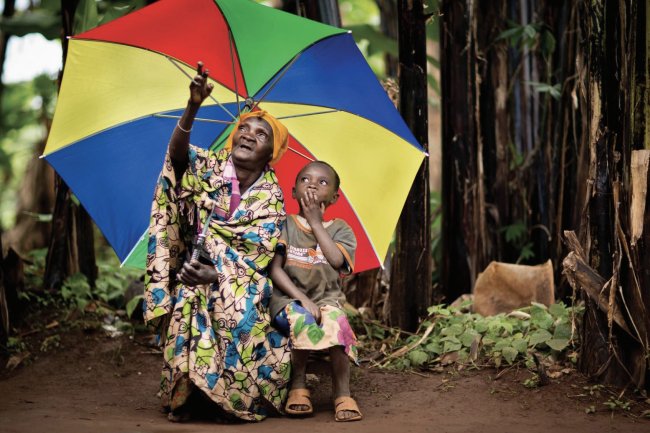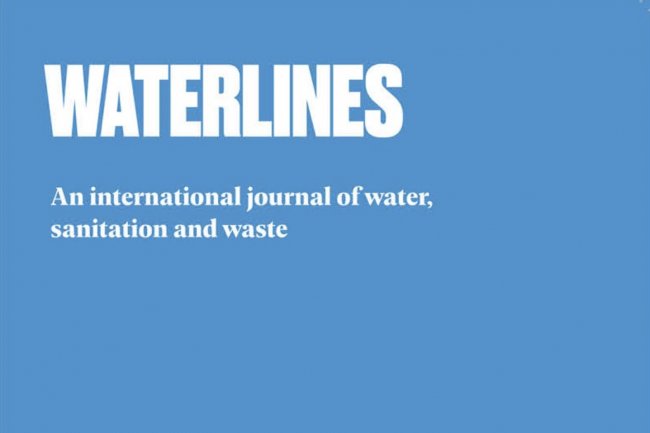Timor Leste : Sanitation, Drinking-Water and Hygiene Status Overview
In Timor-Leste, being a new country, water and sanitation coverage is lower than in most of the South East Asian countries. Since its independence in 2002, considerable improvements have been made, especially for drinking-water services. However, a large proportion of the population is still without access to sanitation, and rural areas are lagging behind in terms of both water and sanitation services.

Source: UN-Water Global Analysis and Assessment of Sanitation and Drinking-Water (GLAAS)
Governance
WASH services in Timor-Leste are led by the Ministry of Public Works under the Secretary of State for Water and Sanitation and supported by several other ministries, NGOS and international agencies. A WASH coordination body including all main ministries and NGOs meets formally every three months.
There are now numerous laws and policies to improve water and sanitation services, with a formally approved national policy or plan for sanitation. However, there is currently no national plan approved for drinking-water.
Monitoring
There are reported data for sanitation and WASH related disease outbreak data, however, there appears to be a lack for data for drinking-water. There are also no regular performance reviews for WASH services. In addition there is no policy, institution or resources to perform independent surveillance.
Human Resources
There are two strategic plans that include human resources for WASH services: the Ministry of Health Strategic Plan 2030 and the Ministry of Public Works Strategic Plan 2030, with the latest review held in 2011. The most severe constraints identified for WASH human resources capacity are available financial resources and lack of skilled graduates and training centers. The greatest limitations to WASH services due to human resources are policy development for drinking-water and planning for sanitation services. Institutional coordination is the greatest limiting factor for human resources for hygiene services.
Financing
There is a reported annual financing plan in 2013 for WASH services. The plan is agreed, but insufficiently implemented for all WASH areas. There are also nearly ten donors involved in financing the WASH sector in Timor-Leste, however, there is no joint planning between donors and the government. Each donor is reported to prepare their own financial plan. There is also a considerable gap in financing, with a reported less than 50% of financing needed to meet the MDGs.
* Sanitation, drinking-water and hygiene status overview provided and interpreted by national focal point based on GLAAS results.


